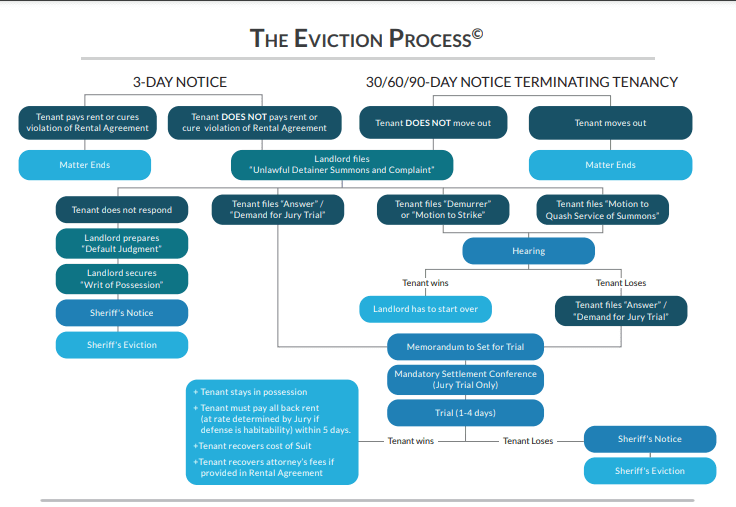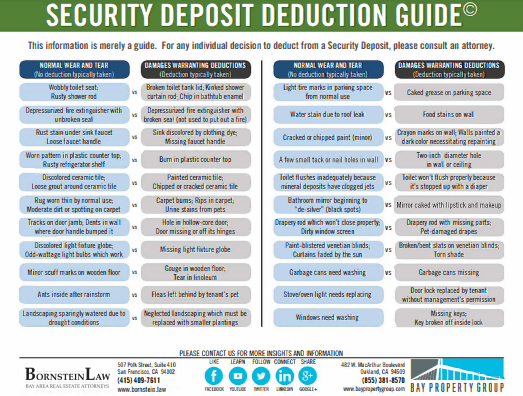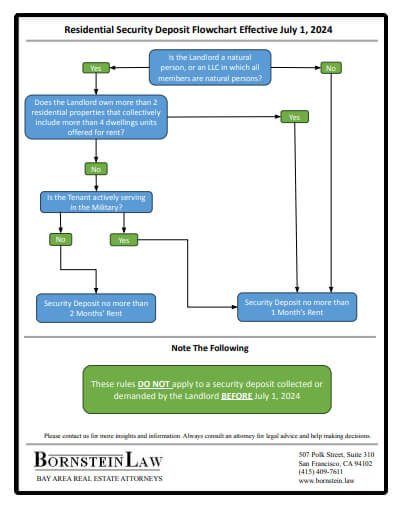RESOURCES // DOWNLOADS
Breaking down the law in an easily digestible fashion.
We’ve made it a lifelong mission to educate the rental housing community and sometimes this comes in the form of cheat sheets, PowerPoint slides, and other documents aimed to keep our valued clients, colleagues, and referral partners in the know.
Here are some top of mind.
Under a new California Law (AB 2493), housing providers must disclose their tenant screening criteria to rental applicants in writing when an application is requested.
This ensures transparency and allows potential tenants to self-assess their eligibility before paying a screening fee. Clearly spelling out the qualifications for a successful rental applicant can also prevent a costly housing discrimination lawsuit.
We've put together a templated form you can modify.









